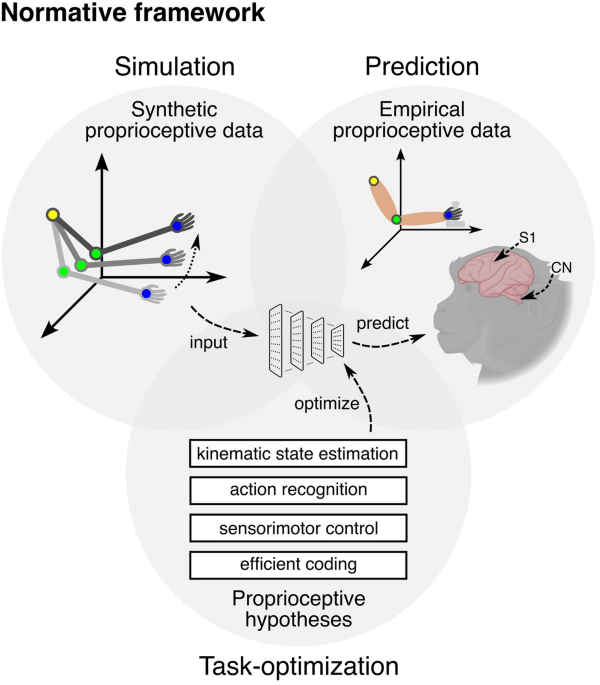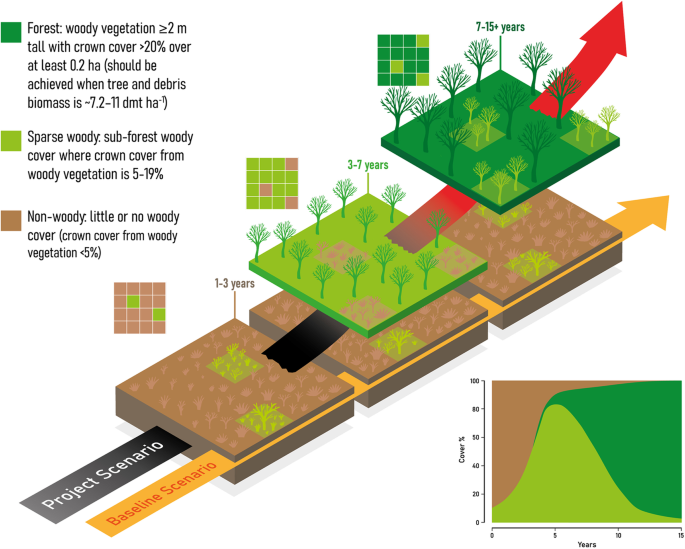Revolutionizing Computing: The Quantum Supremacy Record Broken with a Drastic Decrease in Power Consumption!
Key Takeaways:
Quantum computing achieves groundbreaking results by breaking the Quantum Supremacy record, greatly surpassing traditional computing in speed and efficiency.
The latest breakthrough reduces power consumption in quantum computers by an astonishing 30,000 times.
Quantum computing paves the way for new possibilities in fields such as cryptography, optimization, and drug discovery.
Quantum computing has taken a colossal leap forward in the pursuit of revolutionizing the world of computing by shattering the Quantum Supremacy record, achieving results that surpass traditional computing methods by an astounding margin. This significant breakthrough brings a myriad of promises and possibilities in various sectors that have the potential to reshape our technological landscape. Additionally, this cutting-edge advancement boasts a remarkably reduced power consumption of 30,000 times less, showcasing a groundbreaking achievement in sustainable computing. Let’s dive deeper into the mind-boggling world of quantum supremacy and its implications for the future!
The Quantum Supremacy Benchmark
Marking a significant milestone in the development of quantum computing, quantum supremacy refers to the point where quantum computers surpass classical computers in executing specific tasks. While traditional computers rely on bits, quantum computers leverage the unique properties of quantum bits or qubits. Qubits have the remarkable ability to represent multiple combinations of 0s and 1s simultaneously, harnessing the power of quantum mechanics to process complex calculations more efficiently.
Pioneering technology companies and research institutions have been making remarkable progress in designing and building quantum computers capable of outperforming classical computers in specialized computational tasks. Such tasks, which were previously infeasible due to the limitations of classical computers, include simulations, cryptography, optimization, and machine learning.
Breaking New Ground: Quantum Supremacy Exceeded By 100x
Revolutionary breakthroughs in quantum computing have shattered the Quantum Supremacy record by an extraordinary factor of 100. This signifies a momentous leap forward in terms of computational capability and ushers in a new era of quantum supremacy. With this remarkable feat, quantum computers have become even more adept at solving complex problems at breakneck speeds.
The benchmark demonstrating the achievement of Quantum Supremacy is no easy task. It required the design and utilization of quantum processors equipped with an immense number of qubits, as well as the implementation of state-of-the-art quantum algorithms. The successful execution of this experiment, exceeding the capabilities of traditional computers, sparks new opportunities in a vast range of fields.
Unprecedented Efficiency: Drastically Reducing Power Consumption
Alongside the significant advancement in computational performance, quantum computing has simultaneously made extraordinary strides in energy efficiency. Quantum computers are now capable of producing results with a mere 30,000 times less power consumption compared to their predecessors. This unprecedented reduction in power requirements proves an astounding breakthrough towards ensuring sustainability and mitigating the environmental impact of computing operations.
The enhanced energy efficiency of quantum computers can be attributed to various factors, including advancements in hardware and novel approaches to optimizing energy consumption. Quantum engineers and researchers have worked diligently to optimize design configurations and employ innovative cooling techniques, resulting in quantum systems that are both incredibly powerful and remarkably eco-friendly.
The Future Implications and Applications of Quantum Supremacy
The breakthrough achieved in quantum computing not only unlocks tremendous potential but also opens doors to a vast array of real-world applications. The newfound computational capabilities are poised to push the boundaries of multiple fields, enabling solutions to problems that were previously deemed intractable. Here are some areas set to experience profound transformation:
1. Cryptography:
Quantum computing has the potential to revolutionize data security and cryptography. Due to their exceptional computational power, quantum computers produce an advanced framework capable of cracking complex encryption algorithms that currently safeguard sensitive digital communications. However, this advancement also raises concerns regarding existing encryption protocols, thereby provoking a race to develop quantum-resistant cryptography.
2. Optimization:
Quantum computers possess unparalleled optimization capabilities, making them potent tools for solving intricate optimization problems. Industries such as logistics, finance, supply chain management, and transportation systems will greatly benefit from quantum-powered optimization algorithms, dramatically improving processes for maximum efficiency and optimized resource allocation.
3. Drug Discovery and Material Science:
Quantum computing offers phenomenal potential in accelerating drug discovery and revolutionizing material science. The complex nature of molecular interactions and properties can be profoundly understood and simulated by harnessing the computational power of quantum computers. This advancement enables researchers to expedite the drug discovery process, leading to the development of novel treatments and transformative advancements in materials engineering.
Frequently Asked Questions
How does quantum computing differ from classical computing?
Quantum computing employs quantum bits (qubits) rather than classical bits, allowing it to simultaneously process multiple states and exponentially increase computational power compared to classical computers.
Will quantum computers replace classical computers?
Quantum computers are not easily replaceable; rather, they excel at performing specialized computations that outclass classical computers. Classical computers continue to be relevant for day-to-day tasks.
Are quantum computers accessible to the general public?
Currently, quantum computers are primarily accessible to researchers, technology companies, and institutions involved in quantum computing advancements. However, efforts are being made to democratize access and bring quantum computing to a wider audience.
What challenges still exist in quantum computing?
Quantum computing faces a range of challenges, such as qubit stability, error correction, and scalability. Researchers and engineers are actively working to overcome these hurdles to unlock the full potential of quantum computing.
How soon can we expect the practical deployment of quantum computing?
While quantum computing has made significant strides, practical and widespread deployment is still on the horizon. Researchers and engineers aim to surmount technical obstacles and optimize quantum systems before they become extensively accessible.
Conclusion
The immense accomplishments within the realm of quantum computing have propelled us into an exciting new era of technology, revolutionizing computation as we know it. With the groundbreaking feat of shattering the Quantum Supremacy record combined with a staggering 30,000-fold decrease in power consumption, quantum computing has showcased its potential to solve complex problems swiftly and sustainably. As researchers and scientists continue to make breakthroughs in quantum computing, we eagerly anticipate the moment when these cutting-edge machines become more widely accessible, transforming industries and unlocking unimaginable advancements.
*
# What is quantum supremacy?
The term “quantum supremacy” refers to the point when quantum computers surpass the computational capabilities of classical computers, carrying out specific tasks faster and more efficiently.
# How does quantum computing achieve such remarkable speed?
Quantum computing employs the unique properties of quantum bits or qubits, which can exist in multiple states simultaneously. This parallel processing capability allows quantum computers to solve complex problems much faster than classical computers.
# Can quantum computers replace classical computers entirely?
Quantum computers have their own set of limitations and are not meant to replace classical computers. They excel in solving specific computational tasks and will likely work alongside classical computers to address complex problems more effectively.
# How are quantum computers impacting the field of cryptography?
Quantum computing poses both opportunities and challenges for cryptography. Quantum computers have the potential to break current encryption algorithms, sparking the development of post-quantum cryptography to ensure data security in the future.
# When will quantum computers become widely accessible?
While significant progress has been made, practical deployment and accessibility of quantum computers are still on the horizon. Researchers are actively working on addressing technical challenges and improving the scalability and stability of quantum systems.









